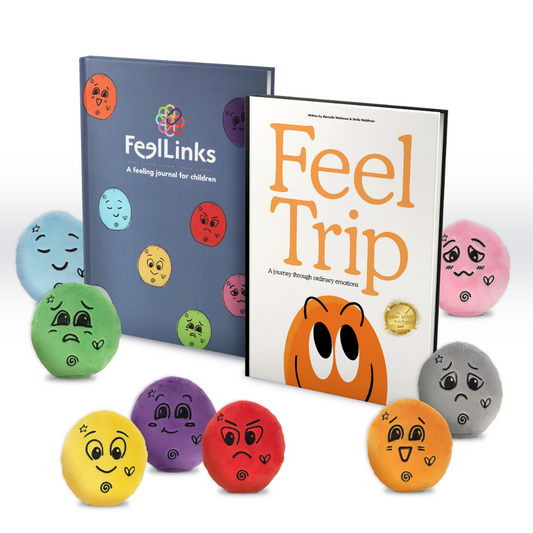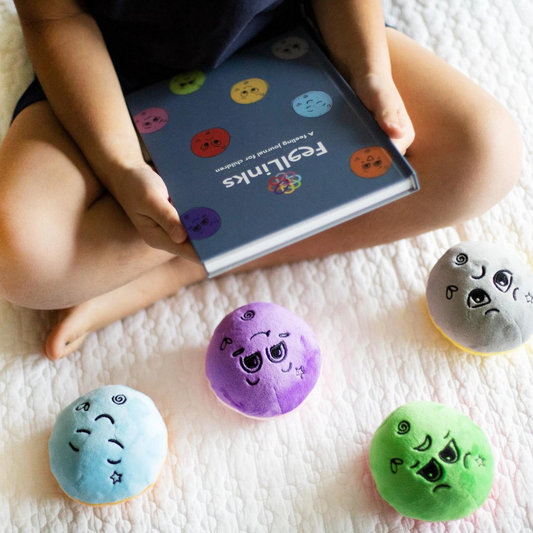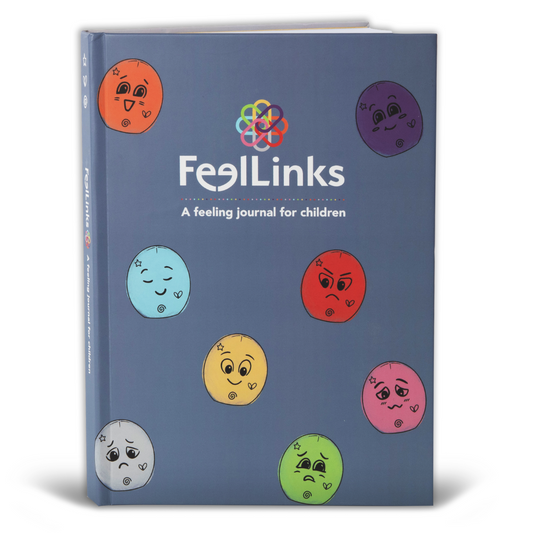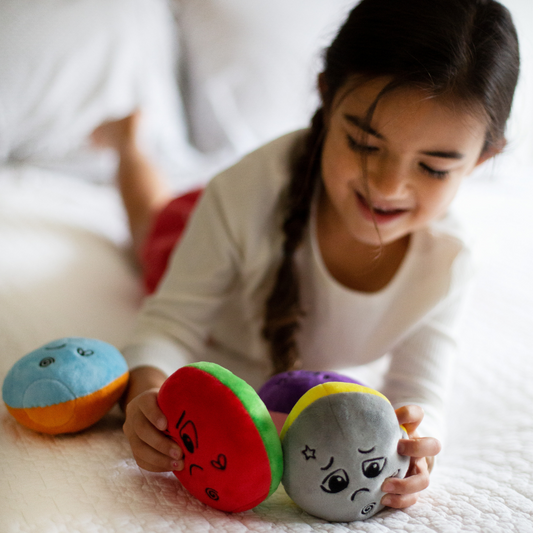Permission To Struggle And The Gift Of Failure
Share

As parents, it's innate to protect our children. We wipe tears, zip jackets, carry backpacks, and swoop in with problem solving solutions at the first sign of trouble.
But what if one of the most powerful things we can give our children isn’t protection—but permission?
Permission to struggle.
Permission to get it wrong.
Permission to fall short, get back up, and try again.
This kind of permission isn’t neglect - it’s love with long-term vision.
Struggle Is a Teacher
When we allow our children to struggle, we give them the space to stretch themselves; often uncomfortably. Struggles are the moments when character is forged, confidence is built, and emotional muscles are strengthened. A child who is never allowed to fail learns only one lesson: that they are not trusted to handle difficulty - someone else must come in for the save.
But a child who is allowed to fall and then encouraged to stand back up, learns something much more valuable: “I can do hard things.”
Whether it’s zipping their own coat, solving a tough math problem, or navigating friendship challenges, struggle offers our kids a chance to discover their own resourcefulness. Each and every time they get up after a stumble, their belief in themselves grows stronger.
Confidence Does Not Come From Praise Alone
We often think confidence comes from telling our kids how great they are - and while encouragement is important, true confidence comes from experience. A child who has been allowed to fail and recover knows they are capable. They don’t fear failure because they’ve lived through it.
Think of it like this: confidence isn’t built from succeeding all the time. It’s built from surviving mistakes and setbacks and realizing it's not the end of the world.
Resilience Starts Early
We don’t need to wait until adolescence to start teaching resilience. In fact, young children are incredibly resilient by nature. The key is not shielding them from every disappointment, but rather walking alongside them through it.
Let your preschooler wrestle with tying their shoes before stepping in. Allow your child to forget their homework once in a while without you delivering it to them. Let them be cold because they did not bring their jacket even after you suggested they do so. Let them feel the sting of natural consequences in a safe and supportive environment.
You’re not abandoning them - you’re coaching them. You’re saying, “I believe in your ability to handle this.” That belief becomes their inner voice.
What It Looks Like
• A toddler struggles with a puzzle - Instead of solving it for them, you sit nearby and offer, “You’re really thinking hard about that piece.”
• A 10-year-old forgets their water bottle for school or sports practice - You don’t rush to bring it to school or drive it to the field. Later, you talk about how they might remember to bring it with them next time.
• A teen fails a test - You don’t rush to blame the teacher or ask for a retake. Instead, you listen, support, and help them plan how to prepare differently next time.
These moments may feel uncomfortable for both of you, but they are exactly where growth happens.
Parenting for the Long Game
Letting your child struggle and even fail does not make you a bad parent, it makes you a wise one. You’re preparing them for the real world, where mistakes are inevitable and resilience is essential.
So next time your instinct is to rescue... Take a pause. Breathe. And ask yourself: Is this a moment where my child can learn that they are stronger than they think?
Because in the end, our goal isn’t to raise children who never fall. It’s to raise children who know how to rise.
You’re not raising a child who will always succeed.
You’re raising a human who can handle what life throws at them.
And that’s a gift worth giving.





